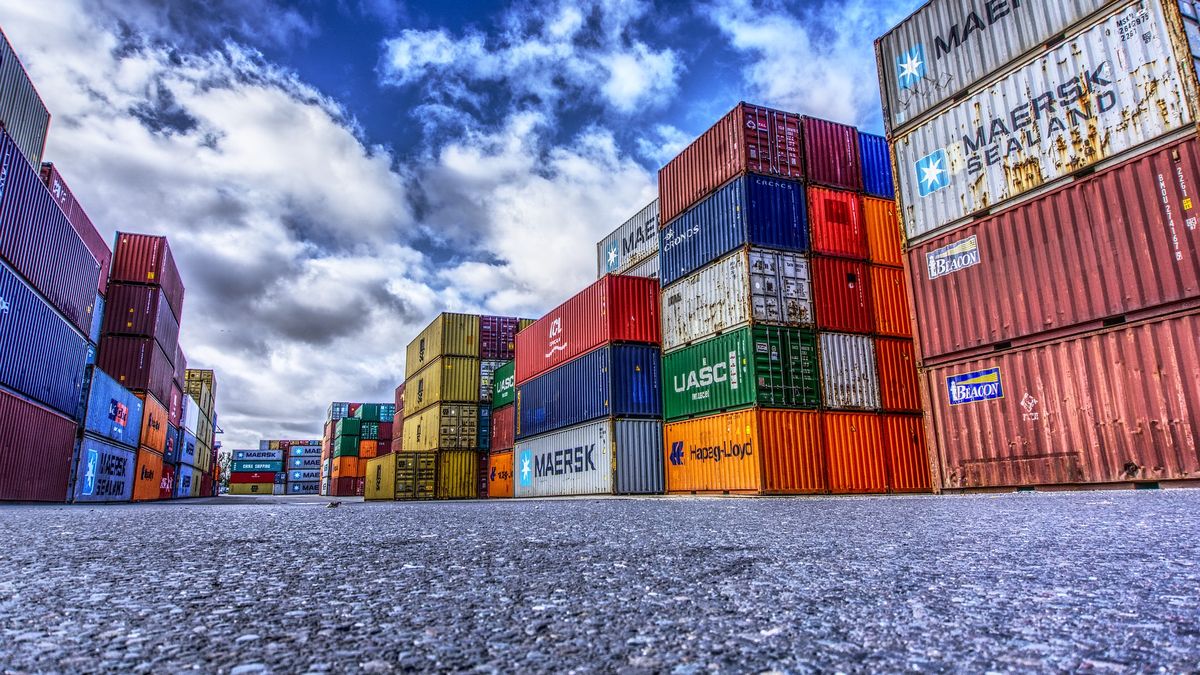From the Argentine Room, more than 400 people, including governors, mayors, academics, researchers, businessmen and unions, watched. They were present from Daniel Funes de Rioja (UIA), to Héctor Daer (CGT), who, when consulted by this newspaper, assured that they have “expectations” about the plan. In the Government they defined it as a “cross crack” program, which will consist of a book with a 2,000-page sectoral analysis with the starting point, the goals and the paths for each economic activity.
Although this plan was being worked on since the Front of All administration began in 2019, Kulfas began the speech by assuring that it is the “right time” to launch the plan, after “two very hard years.” Unlike other industrial plans presented during the different governments, he explained that this is “new”, because it is not based on sectors, but on “ten productive missions”.
It is a concept of the renowned Italian-American economist Mariana Mazzucato, who will visit the country in June. They determined them “productive missions”, because their mission is to solve problems (whether economic, social, or environmental), which involves opportunities for the productive apparatus. The plan also had the support of universities and ECLAC, whose head, Alicia Bárcena, met this Monday for 3 hours with Alberto Fernández.
First of all, Kulfas detailed the general objectives of the program: generate 220,000 jobs per year, where at least half are occupied by women, reduce poverty by 1 million people per year, create 12,000 companies per year (100,000 by 2030), where 70% of the signatures is outside the AMBA, meet the climate objectives of the Paris Agreement and reduce inequality, by lowering the Gini coefficient from 0.43 to 0.38.
Of the 10 productive missions, 9 are called “industrializing missions”, which are: Develop the green economy for an environmental transition; Produce more goods and services linked to health; Promote the mobility of the future with national technologies; Equip the armed and security forces with greater national production of high technology; Adapt food production to the challenges of the 21st century; Digitize businesses and homes to increase the country’s technological capabilities; Develop mining potential with care for the environment; Modernize and create quality jobs in traditional industrial sectors and promote production chains from the primary sector to generate more work and more development.
Mission number 10 is that of “export development”, which, to mention it, was the most applauded in the audience: to double exports to make social and economic improvements “sustainable”, to take them from the current US$87 billion. s 174 billion. “We are at record levels of exports, with the best first two months since records exist,” said Kulfas from the CCK.
As this newspaper learned, the “bulk” of this rise in exports will come from energy and mining. As an example, sources consulted mentioned that mining could go from US$3 billion in annual exports to US$13 billion, just with the projects that are being launched. But in addition, all tradable sectors will be taken into account, such as agriculture, forestry, hydrogen, fishing, aquaculture, industrial branches, hydrocarbons, knowledge-based services and tourism.
Going forward, these 10 missions will imply that 30 multisectoral meetings will be held, which will be led by Daniel Schteingart from now until December. At the end of 2022, the final document will be presented, and as of March 2023, the work schedule and implementation stages will be established. There will not be the same policies for each sector, for example a general reduction in taxes, but there will be tools that are transversal to the 10 missions: financing, technological assistance, job training, export policy and buy local.
“We are not going to be Sweden in 2030”, affirmed government sources, but they assure that the diagnosis and the policy guidelines can be transversal beyond the governments. The limitations, they believe, will be more “political” than economic. The words “consensus” and “dialogue” were the most repeated in the speeches of Fernández, Massa and Béliz.
Source: Ambito
David William is a talented author who has made a name for himself in the world of writing. He is a professional author who writes on a wide range of topics, from general interest to opinion news. David is currently working as a writer at 24 hours worlds where he brings his unique perspective and in-depth research to his articles, making them both informative and engaging.




